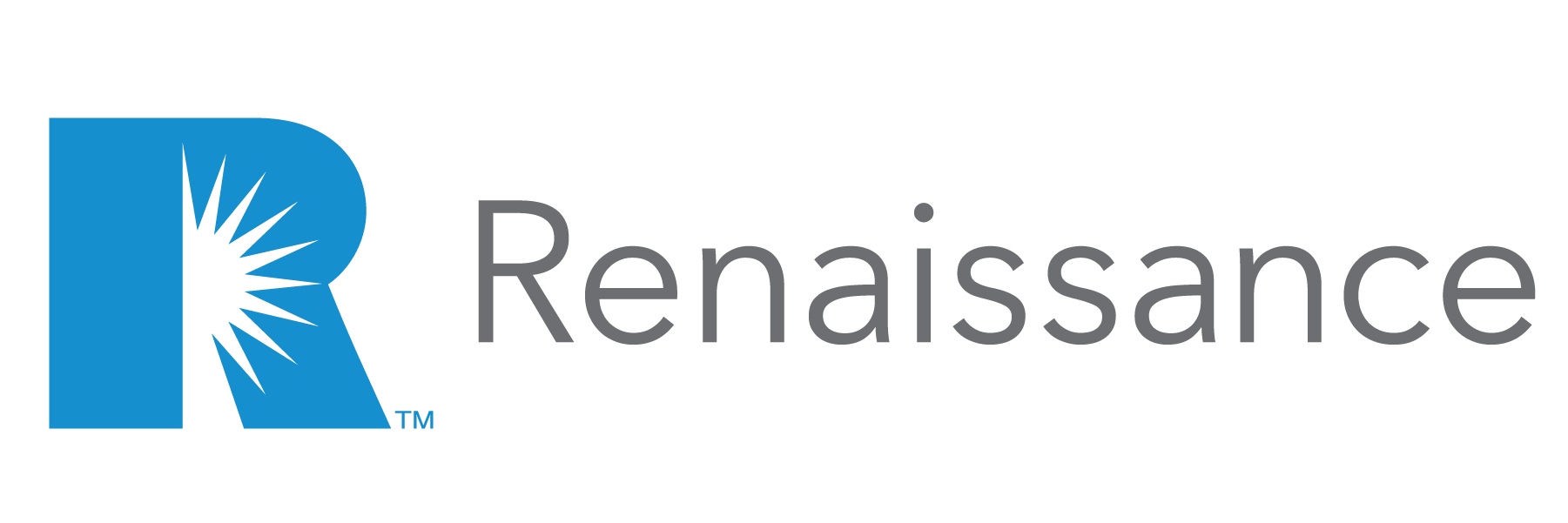The Premier Insurance Agency Network
Powered by a differentiated suite of technology products and services, Renaissance drives organic, profitable revenue growth.
Not all networks are created equal
Renaissance provides resources, services, technology, and market access for independent insurance agents who are looking to grow their business and maximize their efficiency.
When you join Renaissance, you become a part of a professional community with access to unparalleled resources, from dedicated agency growth advisors and placement teams to agency marketing experts and state-of-the-art technology tools, all designed to propel growth and drive efficiency.

Agency Members
0
+
Carriers & Brokers
0
+
In Combined Premium
$
0
B
In-House Experts
0
+
Years in Business
0
Insurance Market Access
By leveraging our insurance market access, growth bonuses, higher commissions, and enhanced profit sharing, Renaissance members earn more revenue than the average independent insurance agency and grow at 2 to 4 times the average industry rate.
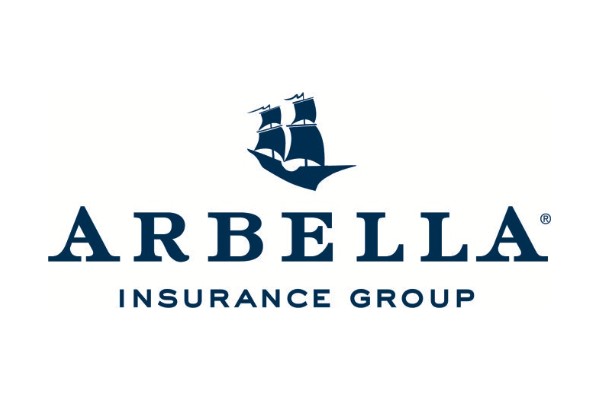

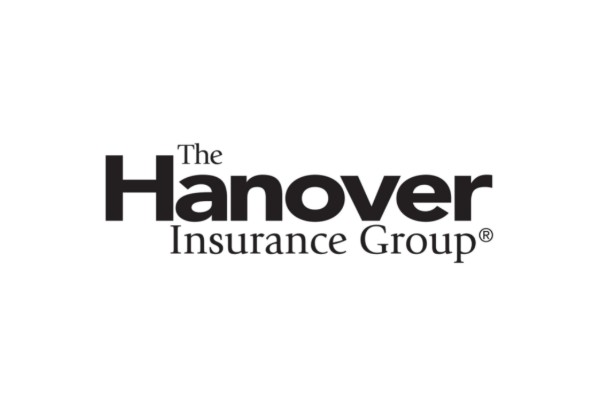

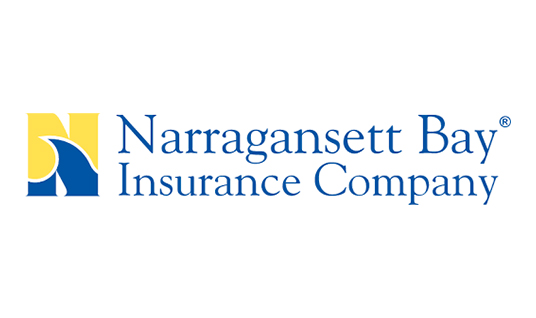
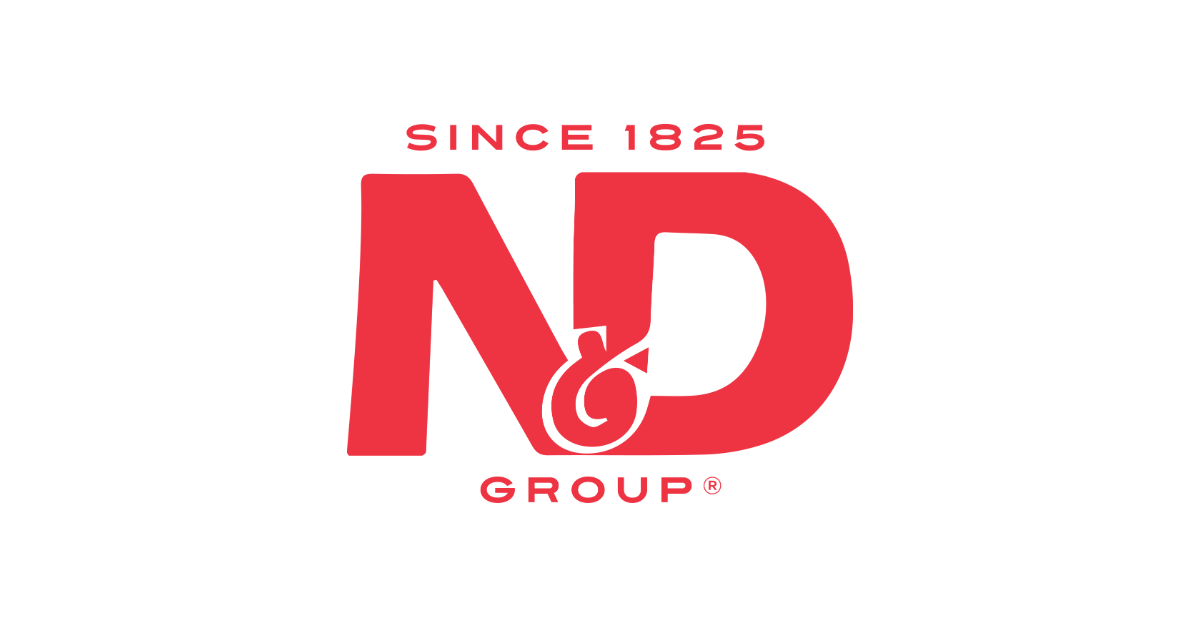
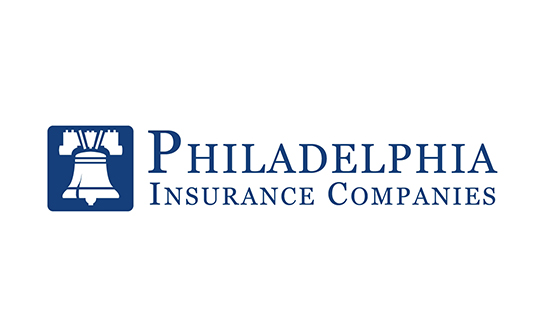
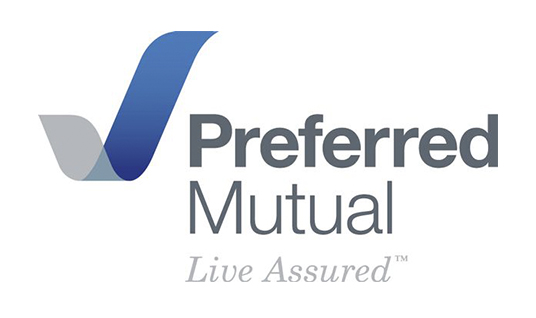
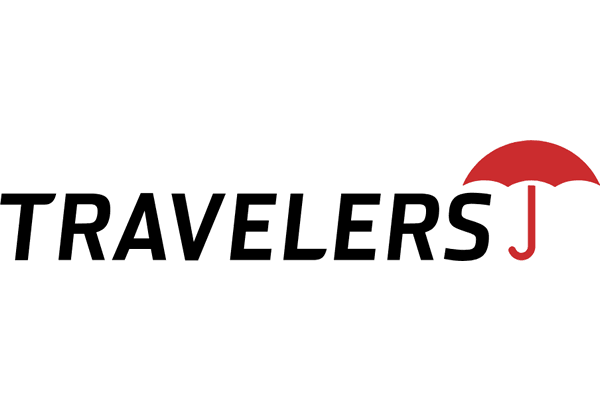
What our members are saying ...
"Renaissance gives me independence but also gives me scale. I don’t know why any independent agent wouldn’t do this."
Joseph MederAtlantic Insurance Partners
"Being a member of Renaissance has helped our business by giving us not only access to carriers, but also the support required to obtain bindable quotes and then service those accounts going forward."
Charles RiderThe Colburn Group
Previous
Next
